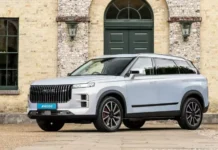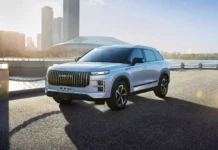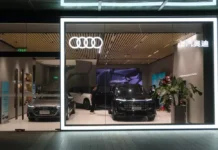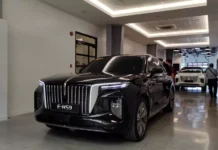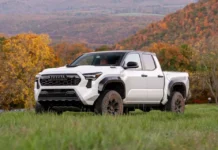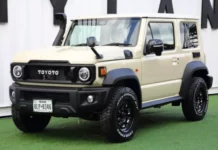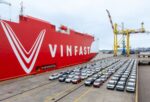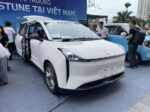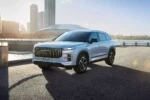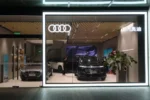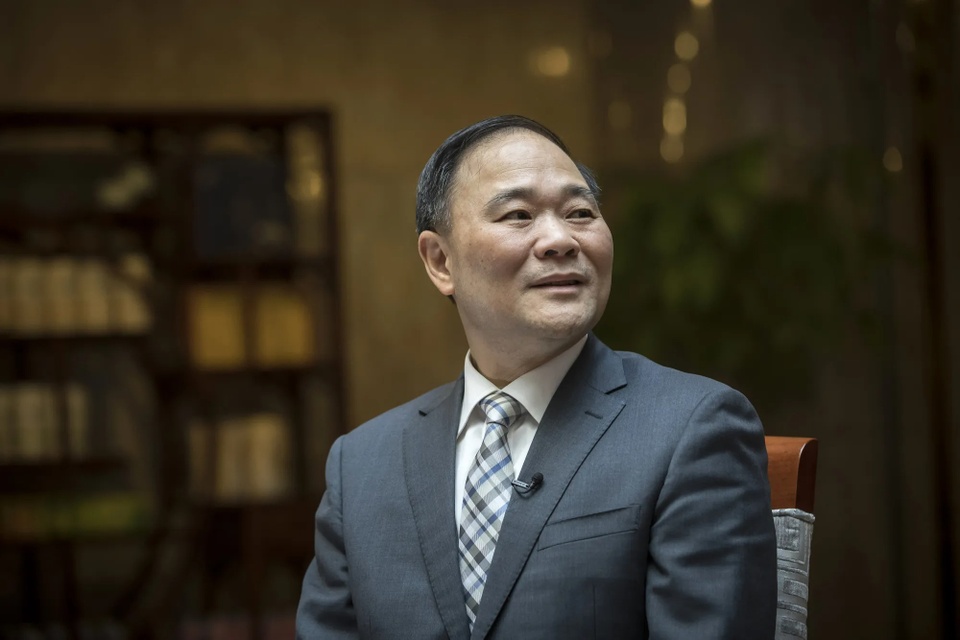
|
According to Reuters, Geely’s founder and chairman, Li Shufu, recently stated that the global automotive industry is facing a “severe surplus.” As a result, Geely has decided against constructing new factories or expanding production at any of its existing facilities.
Chairman Li Shufu’s remarks were noted during an automotive forum held in Chongqing, China.
The head of the Geely group’s comments come as China’s automotive industry is embroiled in a fierce price war. This competition has driven many automakers to seek growth opportunities in foreign markets, prompting Chinese regulators to call for an end to the price war.
According to Reuters, Chinese automakers that have been building factories abroad include BYD, Chery, and Great Wall Motors.
Geely, for its part, is reportedly planning to utilize Renault’s existing facilities in Brazil. The Chinese automotive group also intends to hold a minimum stake in Renault’s business in the South American country.
However, in April, Reuters quoted Chinese sources as saying that local regulators had delayed approval, despite Geely’s statement that its cooperation with Renault in Brazil had been successful.
|
|
With Chairman Li Shufu’s statement, the future of Geely’s factory in Vietnam is now in question.
Last September, Tasco and Geely announced that they had completed the signing of contracts and agreements worth $168 million. The two parties will jointly assemble cars in CKD form, serving domestic demand and exporting to countries with free trade agreements with Vietnam.
For now, the Vietnam factory will assemble cars for the Lynk & Co and Geely Auto brands. This facility is designed with an initial capacity of 75,000 units per year, with construction expected to begin in the first half of 2025 and the first finished cars to be delivered to customers in early 2026.
In Vietnam, the Geely group, through Tasco’s distribution rights, is introducing cars from the Geely, Volvo, and Lynk & Co brands to customers. The Geely Coolray is the latest model to enter the Vietnamese market, positioned in the B-segment SUV category with a price range of 538-628 million VND.
Recommended Reads for Your Journey
Our Automotive section brings you a selection of captivating books with diverse themes. During those moments of rest and relaxation on your journeys, let these books be your delightful companions.
15 Electric Cars with the Best Resale Value After One Year in China: No Room for Japanese Autos
After 1 year of use, the Xiaomi SU7 retains almost 90% of its resale value. This impressive retention rate is a testament to the device’s enduring popularity and robust performance. With its sleek design, powerful features, and lasting value, the Xiaomi SU7 continues to be a top choice for consumers seeking a smart investment in technology.
“Vietnam: A Shining Example for Indonesia’s Electric Vehicle Revolution.”
“Vietnam may not boast the same nickel reserves as Indonesia, but it is swiftly accelerating in the electric vehicle arena with impressive localization rates. The country’s prowess lies in its ability to streamline the entire production process, from battery manufacturing to finished vehicles, thanks to a simplified and efficient workflow. This strategic advantage positions Vietnam as a formidable player in the EV market, despite its nickel resource disparities with Indonesia.”

